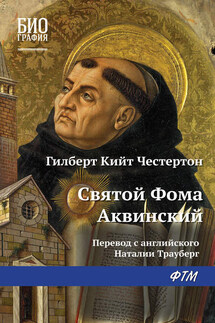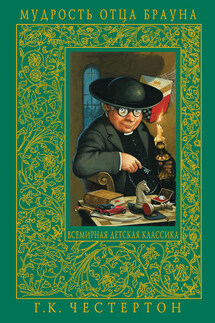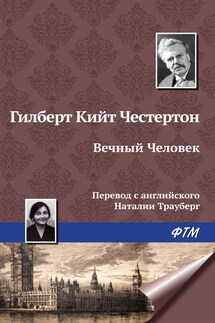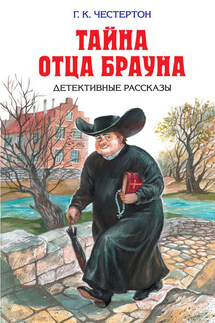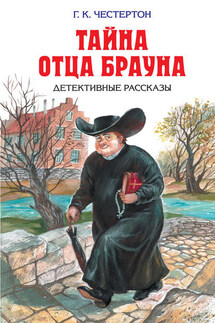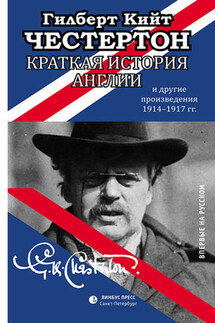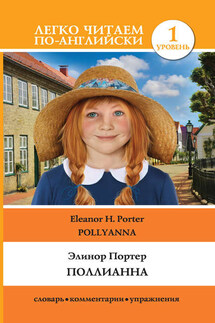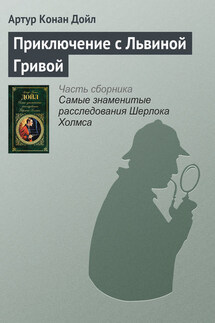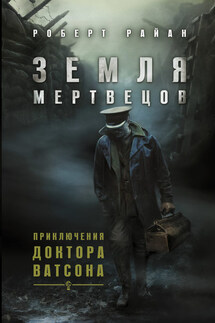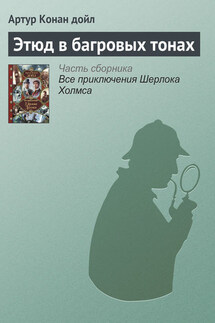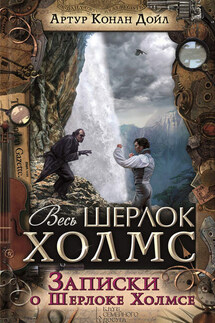The Vampire of the Village
At the twist of a road in the hills, where two trees stood up like pyramids much tallerthan the small village of Potter’s Pond, just a group of houses, there once walked a man in a costume of a very interesting cut and colour, wearing a bright magenta jacketand a white hat on top of black beautiful hair.
The riddle of why he was wearing clothes so old, yet wearing them with such a fashion, was but one of the many riddles[1]that were eventually solved in solving the mystery[2]of his fate. The point here is that when he had passed the trees he seemed to have disappeared; as if he had faded into the dawn or been blown away upon the wind of morning.
It was only about a week afterwards that his body was found nearby, broken upon the rocks of a garden leading up to an old house called The Grange. Just before he had disappeared, he had been overheard apparently arguing[3]with some bystanders, and callingtheir village ‘an ugly little hamlet’; and it was thought that he had provoked the local patriotism and eventually been its victim. At least the local doctor said that the skull was hit hard and that might have caused death, though probably only made with some sort of club[4]. This fitted in well enough with the idea of an attack by rather violent villagers. But nobody ever understood how to find any particular villager; and the inquest returned a version of murder by some persons unknown.
A year or two afterwards the question was re-opened in an interesting way; a series of events which led a certain Dr Mulborough, called by his friends Mulberry because there was something rich and fruity about his body shape and rather red face[5], travelling by train down to Potter’s Pond, with a friend whom he had often asked upon such problems. In spite of the somewhat heavy appearance of the doctor[6], he had a keen eye and was really a man of very remarkable sense[7]; which he thought that he showed in giving advice to a little priest named Brown, whom he get familiar with over a poisoning case long ago[8]. The little priest was sitting opposite to him, with the face of a quiet baby listening to instruction; and the doctor was explaining the real reasons for the journey.
‘I cannot agree with the gentleman in the magenta coat that Potter’s Pond is only an ugly little hamlet. But it is certainly a very distant and quiet village; so that it seems quite strange, like a village of a hundred years ago. The spinsters are really spinsters – damn it, you could almost see them spin[9]. The ladies are not just ladies. They are gentlewomen; and their chemist is not a chemist, but an apothecary; pronounced potecary. They think that doctors like myself just help the apothecary. But I am seen as rather a new addition, because I am only fifty-seven years old and have only been in the county for twenty-eight years. The lawyer looks as if he had known his job for twenty-eight thousand years. Then there is the old Admiral, who is just like a Dickens illustration[10]; with a house full of swords and fish and even with a telescope.’
‘I think,’ said Father Brown, ‘there are always a certain number of Admirals left on the shore. But I never understood why they get so far inland.’
‘Certainly no lifeless place in the depths of the country is finished without one of these little creatures,’ said the doctor. ‘And then, of course, there is the proper sort of clergyman; Tory and High Church dating from Archbishop Laud; more of an old woman than any of the old women. He’s a white-haired old bird, more easily shocked than the spinsters. Indeed, the gentlewomen, though Puritan in their principles, are sometimes pretty plainin their speech; as the real Puritans were. Once or twice I have heard old Miss Carstairs-Carew use expressions as lively as anything in the Bible[11]. The dear old clergyman is busy reading the Bible; but I think he closes his eyes when he comes to those words. Well, you know I’m not very modern. I don’t enjoy this fooling around of the Bright Young Things[12] – ’
‘The Bright Young Things don’t enjoy it,’ said Father Brown. ‘That is the real tragedy.’
‘But I am naturally more in touch with the world than the people in this old village,’ said the doctor. ‘And I had reached a point when I almost welcomed the Great Scandal.’
‘Don’t say the Bright Young Things have found Potter’s Pond after all,’ said the priest, smiling.
‘Oh, even our scandal is on old-established melodramatic lines. Need I say[13] that the clergyman’s son promises to be our problem? It would be almost irregular, if the clergyman’s son were quite regular[14]. So far as I can see, he is very lightly and almost poorly irregular. He was first seen drinking ale outside the Blue Lion. Only it seems he is a poet, which in those parts is next door to[15] being a criminal.’
‘Surely,’ said Father Brown, ‘even in Potter’s Pond that cannot be the Great Scandal.’
‘No,’ replied the doctor seriously. ‘The Great Scandal began like this. In the house called The Grange, placed at the end of The Grove, there lives a lady. A Lonely Lady. She calls herself Mrs Maltravers (that is how we put it); but she only came a year or two ago and nobody knows anything about her. “I can’t think why she wants to live here,” said Miss Carstairs-Carew; “we do not visither.”’


